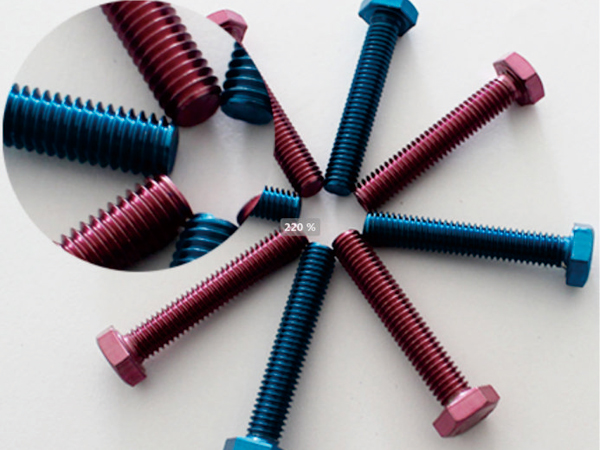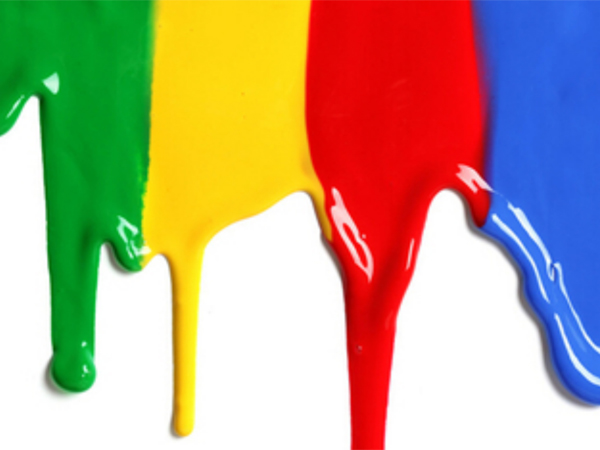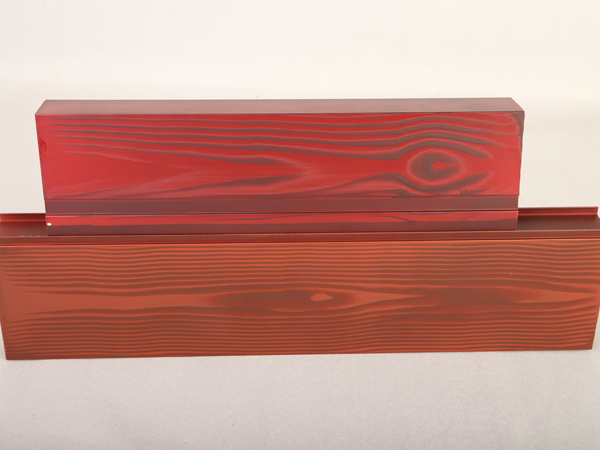Coating Research of Transparent Cathodic Electrophoretic Paint in Electroplating Application
With the continuous development of society, electrophoresis has gradually become a very important member of the surface treatment technology family. Electrophoretic coatings, as the leader of water-based coatings, have been widely used for their excellent corrosion resistance, low pollution and unique electrodeposition construction methods. Next, I will talk about the application of transparent cathode electrophoresis in the field of electroplating.
First, for a simple process: electroplating (gold, silver, nickel, red copper, bronze, imitation gold) → pretreatment → washing → electrophoresis → washing → baking. We know that with the country's increasing emphasis on environmental protection, the development of electroplating is severely restricted due to its pollution, and the electroplating process has been changed again and again. Eventually, it is difficult for the product to achieve the original performance by using only one electroplating process in some fields. Then there is a process of combining electroplating and electrophoresis. After electroplating, electrophoresis is used to improve product quality and performance and protect the appearance.
Take acrylic transparent cathodic electrophoretic paint as an example, it has very good transparency, high gloss and hardness, which can play a role in decorative protection of products, mainly for decorative documents, requiring beautiful appearance and Light industrial products with less corrosion resistance, such as: glasses, lighters, locks, lamps, stationery, stationery and accessories hairpin industry. However, because the paint film has excellent transparency, it has high requirements on the appearance of the substrate, and generally needs to undergo surface treatment such as electroplating or polishing. After the above surface treatment, the original workpiece has a good appearance, generally has no rust spots, and does not need to be derusted. The main pretreatment processes are degreasing and degreasing, and finally remove the metal chips and dust on the surface of the workpiece, as well as mineral oil on the surface of the workpiece, calendering Grease such as extension oil. Degreasing and degreasing methods commonly used in painting include solvent cleaning, lye cleaning, emulsification degreasing and ultrasonic degreasing. In transparent cathodic electrophoretic coating, ultrasonic degreasing is mainly used. It is a method of introducing ultrasonic vibration into a suitable cleaning solution according to different oil stains to accelerate and strengthen the degreasing effect. Ultrasonic oil removal is mainly suitable for workpieces with complex geometric shapes such as blind holes and grooves that require high precision and porosity. The oil removal efficiency is high, and the operation is simple and fast.
Secondly, the application of acrylic cathodic electrophoretic coating on electroplating not only plays a role in protection and coloring, but also simplifies or cancels part of the electroplating process, shortens production time, and achieves the goal of reducing costs and reducing environmental pollution. Purpose. For example, on zinc and aluminum alloy substrates, there is no need for copper and nickel plating as a primer, and imitation gold and gold electrophoretic paint can be directly applied. The process of copper-plating and nickel-plating as a primer greatly prolongs the time of the whole electroplating process. Generally speaking, it only takes 5-6 minutes to directly apply imitation gold and gold electrophoretic paint. It can be seen that if the electrophoretic substrate is properly pretreated, adding a colorant with better transparency to the transparent electrophoretic coating can be completely applied to the field of electroplating and obtain excellent metallic luster and good performance.
Applied to various fields, the combination of electrophoresis and electroplating will also become a new trend.





 WeChat
WeChat